Forgotten delicacies return to the bosom of high Russian cuisine
Categories: Food and Drinks
By Pictolic https://pictolic.com/article/forgotten-delicacies-return-to-the-bosom-of-high-russian-cuisine1.htmlThe absolute trend of modern world gastronomy is a close interest in local products. Our country is no exception here. And given the size and natural diversity of Russia, its gastronomic potential can be considered truly inexhaustible. In recent years, the segment of haute cuisine has rapidly burst into the lamb and muksun, black chanterelles and rutabaga, rapana and venison, crayfish and pumpkin. Let's find out together what other products Russian chefs, restaurateurs and gastronomic experts predict a great future.
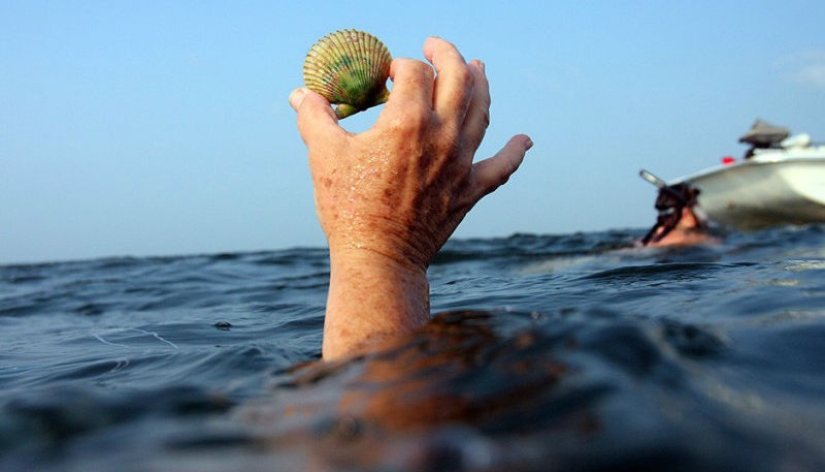
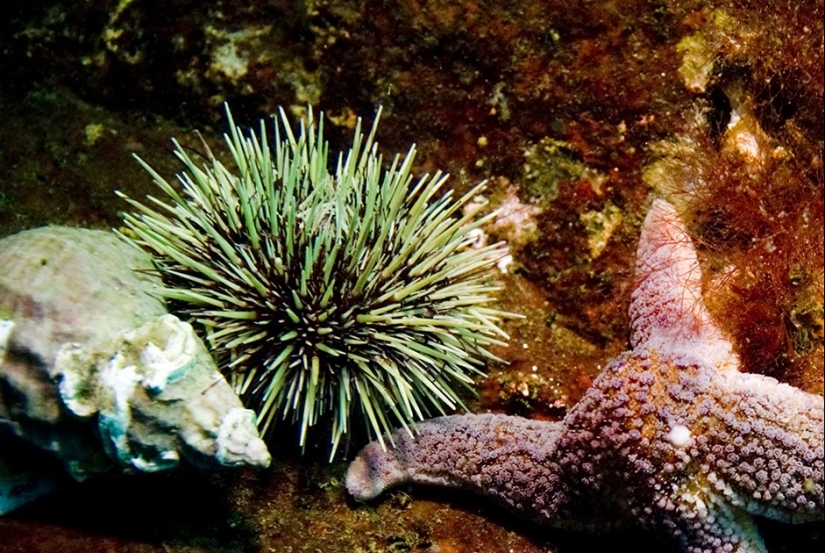
Hedgehogs are rare in the Baltic Sea, because the water there is not salty enough. They taste delicate, delicate, sweet, with a characteristic iodine note. Hedgehogs value not only meat, but also caviar and milk.
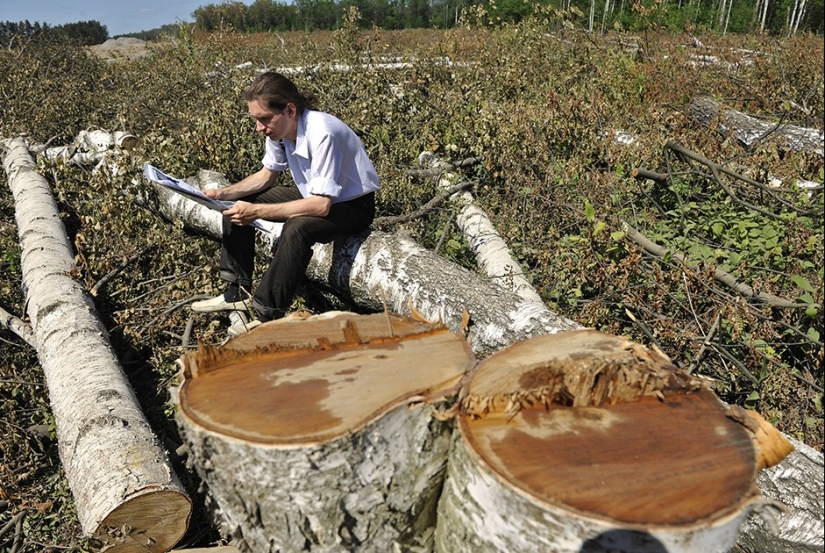
This is the soft part of the birch trunk between the birch bark and the wood itself. Traditionally, the bast was ground and added to flour, baking bread. Today, this ingredient is almost completely forgotten, but some enthusiasts are beginning to experiment with it. Buns with bast have a piquant bitterness and are excellent with rich soups.
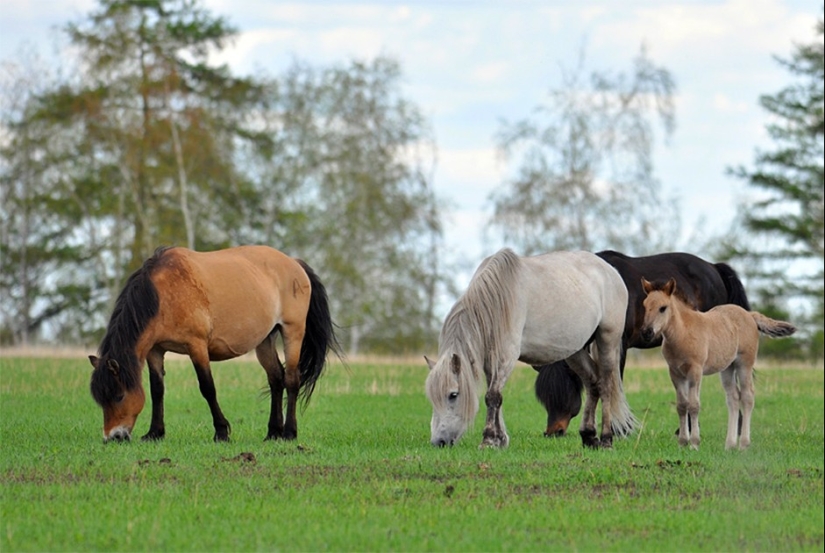
Horse meat has been eaten in Yakutia since ancient times. Moreover, the locals prefer it to all other types of meat. The taste of the meat of half-year-old wild northern foals, which are on free grazing, resembles grain veal, but the consistency is softer and juicier, and also does not smell of horse meat at all.
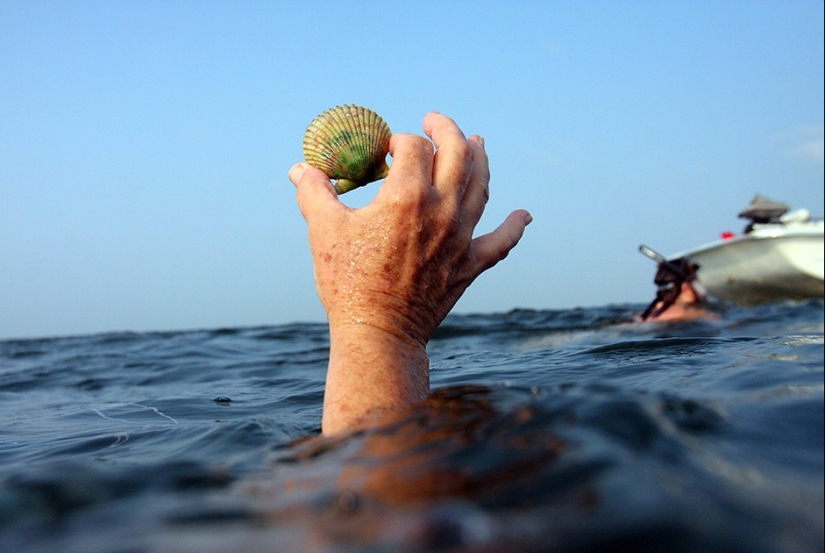
A bivalve mollusk with a beautiful fan-shaped shell lives in almost all oceans. In the cold waters of the Barents Sea, it grows up to several centimeters. It is considered one of the most refined and popular seafood delicacies. The scallop meat is tender and juicy. It can be eaten both raw and heat-treated. According to many chefs, this is an ideal gastronomic product of the highest quality.
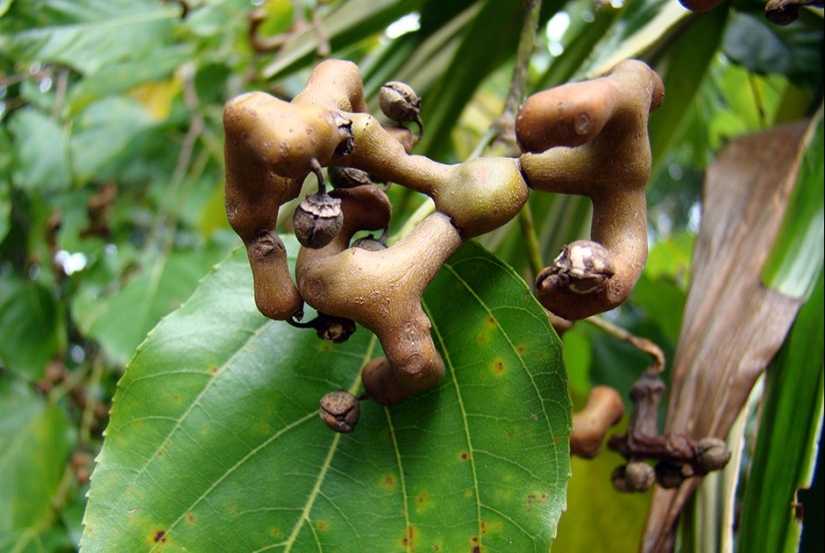
The candy tree comes from Japan and China, and on Russia has been known since at least the XVII century. At one time, it was grown in the capital's Apothecary garden by order of Tsar Alexei Mikhailovich, used as medicine and as a gastronomic delicacy. The tree got its name thanks to the fleshy twigs-pedicels, shaped like candy, and raisins taste. They can be eaten fresh, you can make natural juice, cook jam or jam, cook candied fruits.
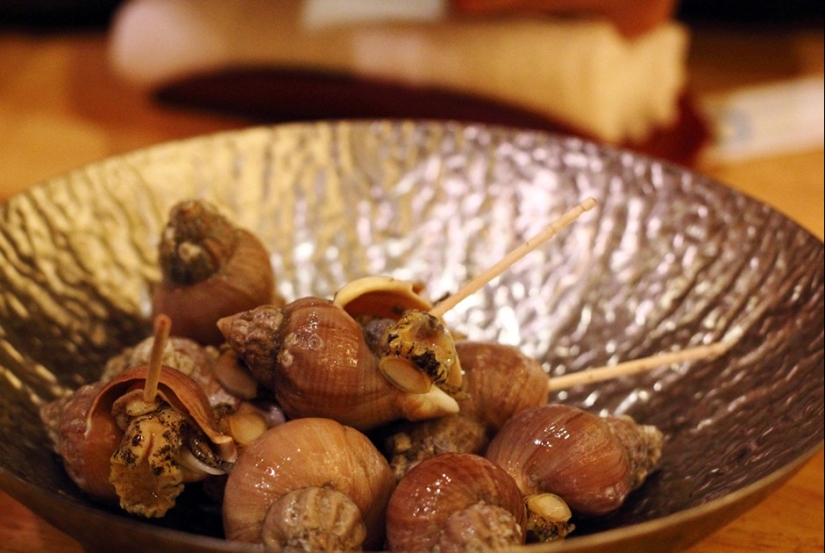
A gastropod mollusk with a characteristic screw-shaped shell that lives in the northern seas. A truly refined product. Trumpeter meat is rich in protein, fluorine, iodine, vitamin B and is absorbed almost completely. Only the "leg" of the mollusk is used for food.
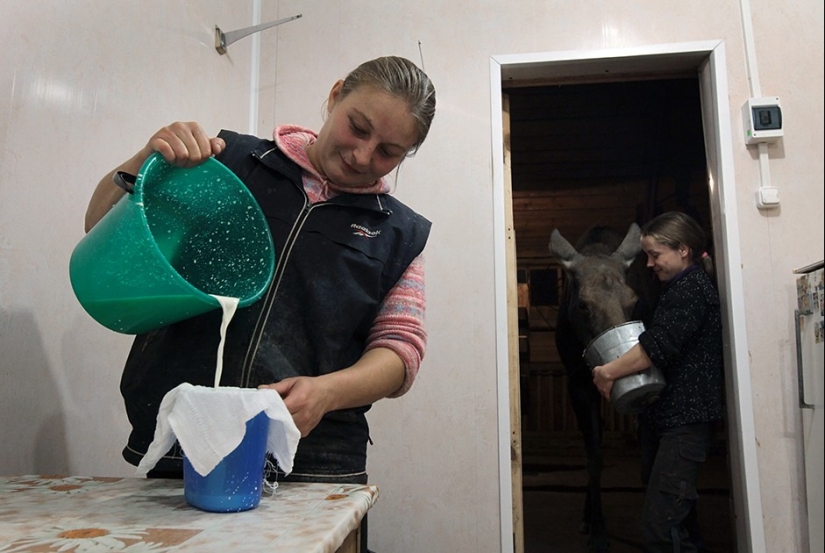
Today, this delicacy can be found only in one place — on a moose farm near the village of Sumarokovo near Kostroma. Animals are bred here in natural conditions and kept on semi-wild grazing. But at certain times of the day, the animals come to the feeders. Fresh moose milk can be tasted on the farm from May to August, as well as throughout the year in a Moscow restaurant, where it is served in the form of fudge.
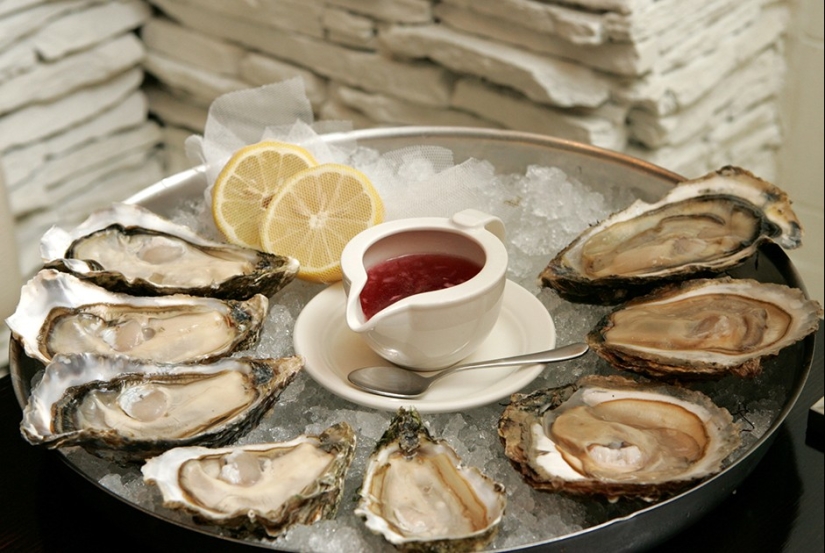
This type of European oyster lives in the Black Sea at a depth of 3 to 65 meters. It grows up to 8 centimeters in length and up to 2.5 centimeters in width. It is found in the area of Sudak, Kara-Dag, Karkinit Bay and Lake Donuzlav. At the beginning of the last century, Russia was one of the world's largest oyster producers. The Black Sea oyster was specially delivered to Moscow and Petersburg to the table of the most influential people. However, in the following decades, its population declined sharply due to poor ecology, waterlogging of cans and the expansion of rapana predatory mollusk. Today, the Black Sea oyster is again being actively grown on special oyster farms. It is already quite often found on the menu of good Black Sea restaurants.
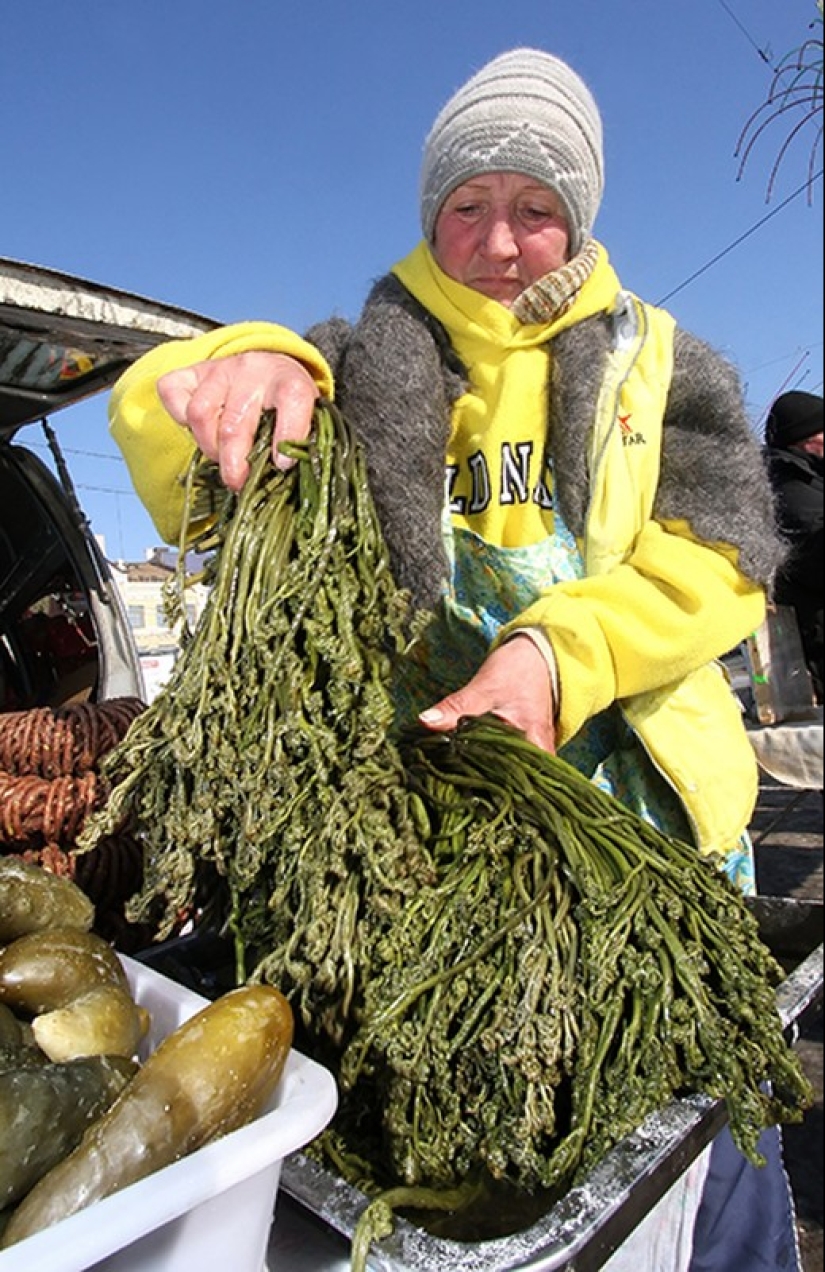
The fern is considered one of the oldest plants on earth and is traditionally used in the cuisines of different peoples of the world. It is boiled, fried, stewed, pickled, salted. Today, fern begins to occur in salads, but more often appears as a seasoning for meat, sometimes as an independent side dish.
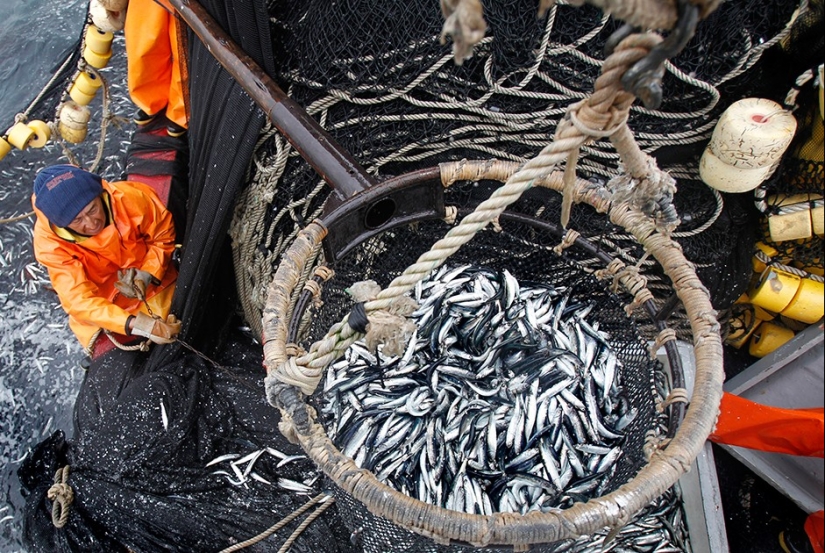
He is also a hamsa, beloved by the inhabitants of the Black Sea cities. A small and very tasty fish about 12 centimeters long. In winter, it lives in the area of Novorossiysk and Tuapse, as well as off the southeastern shores of Crimea. It is good as an ingredient in a variety of salads and cold appetizers. In some metropolitan restaurants, it is used for the gastronomic version of "herring under a fur coat", as well as as a seasoning for soups and red meat dishes.
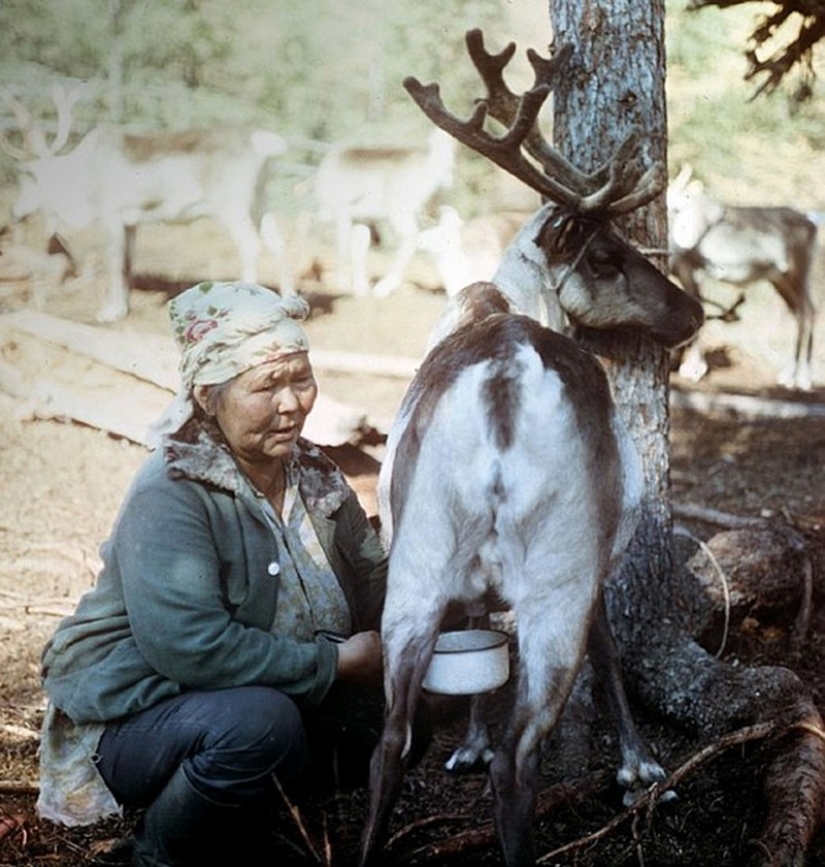
Reindeer milk is produced only in the northern regions, and until recently it was almost unknown outside the Arctic Circle. Today, its supplies to other parts of the country are gradually being adjusted. It is five times fatter than cow's milk and contains three times more protein. The consistency resembles cream, but the taste is a little bitter.
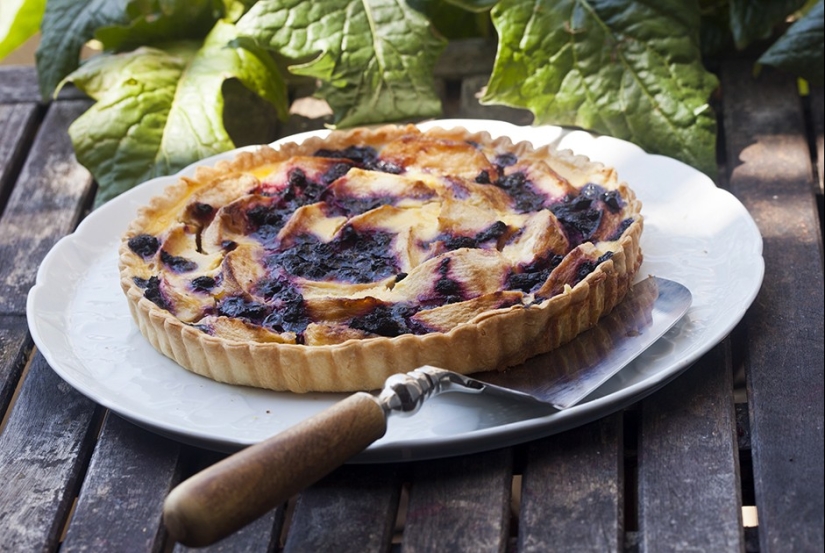
This plant can be found in a wide area from Kaliningrad to Sakhalin. Edible varieties are found mainly in northern latitudes. Honeysuckle gives dark purple oblong berries with a characteristic sweet and sour taste and pronounced bitterness. Berries are used in dried, boiled and fresh form, primarily for the preparation of desserts. Honeysuckle is also used to make juices, mousses and jellies. However, while in restaurants you will not often find honeysuckle.
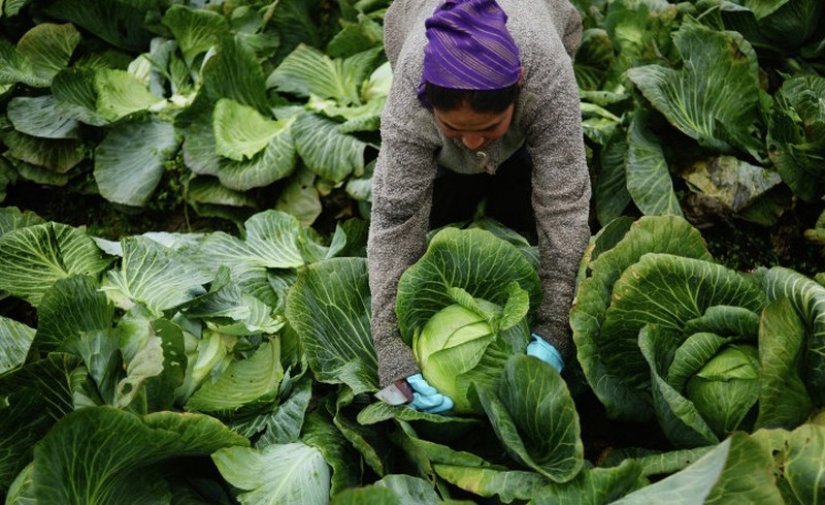
Not so long ago, no one would have thought of looking for this product not only in the kitchen of a serious restaurant, but even in the market. Well, leaves and leaves. Gray, nondescript — those that are usually torn off the head to give it a marketable appearance, and then swept out along with the rest of the garbage. Meanwhile, in Russian villages, these very ordinary leaves were used to prepare so—called gray cabbage soup - thick, rich, fragrant, sweet. Today they are back, and good chefs have learned how to properly ferment them with rye bread (or flour) and cook a fantastically delicious dish.
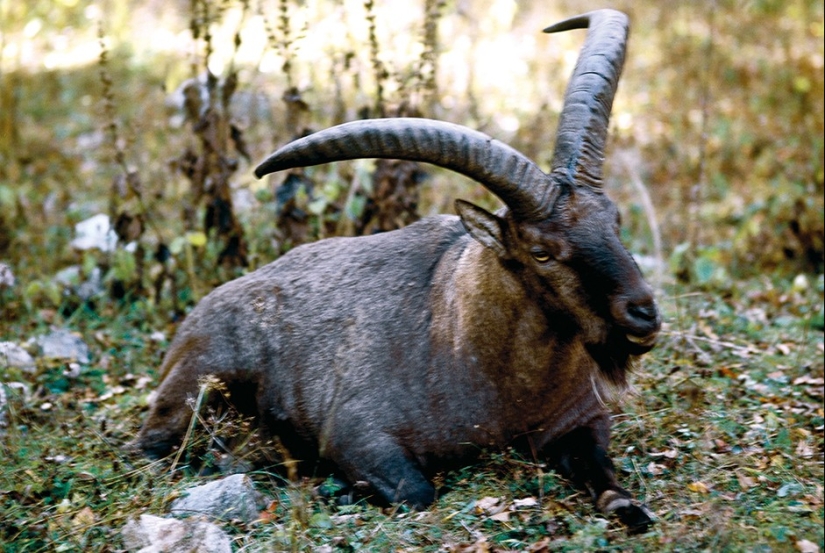
A powerful steep-horned goat up to one and a half meters long and up to one hundred kilos in weight lives in the Caucasus and enjoys well-deserved popularity among local gourmets. But outside the region, the meat of this animal was almost unknown until recently. Now this delicacy can be tasted in Moscow, and in St. Petersburg, and in Rostov.
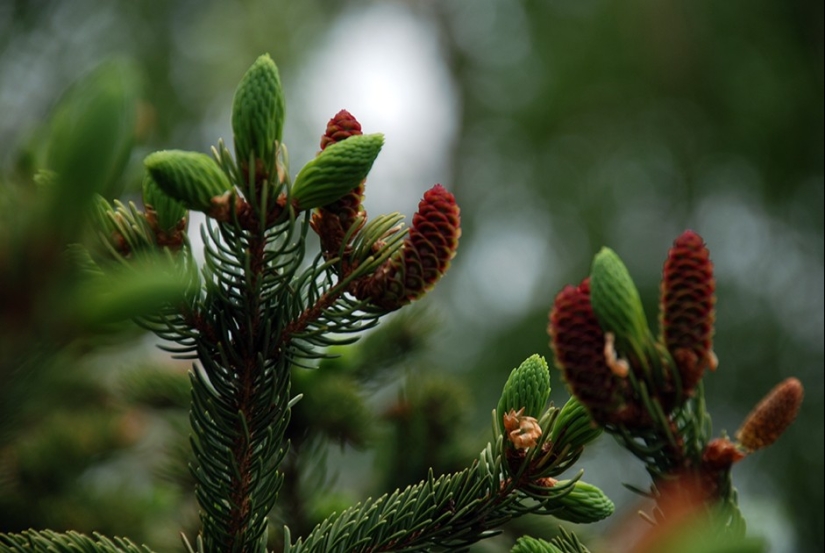
This product has long been well known in Siberia, but it has only recently become an element of haute cuisine. Cones are used for jam, which is served with cheeses and pates, as well as as an ingredient in various sauces accompanying red meat dishes and especially game. Very young, still soft fruits go into business.
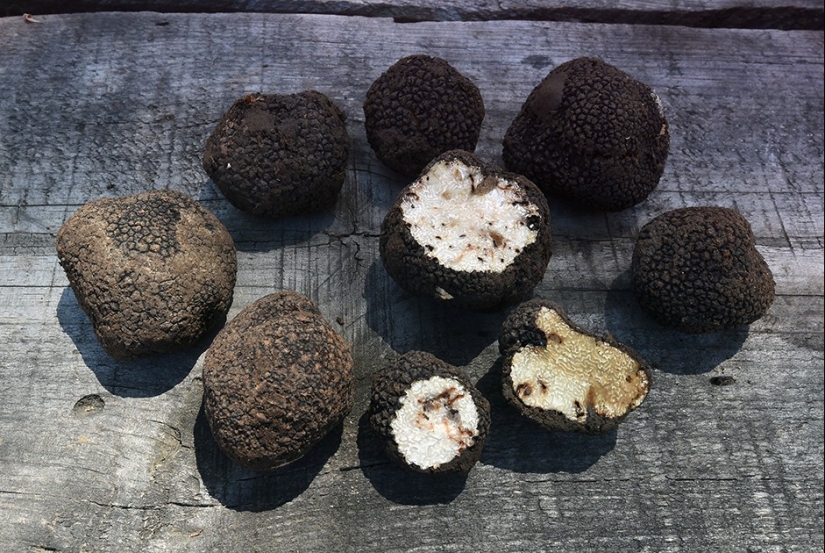
This delicious mushroom grows not only in Europe. It is often found on the Black Sea coast of the Caucasus and especially in the forest-steppe Crimea. In the second half of the XIX century, it was collected even in the Moscow region. In the south, it grows up to 10 centimeters in diameter, has a yellowish-grayish flesh with a characteristic marble pattern and is distinguished by a delicate, but very pronounced sweet-nutty aroma. Today, the tradition of hunting for truffles is being actively revived. It is not surprising that this mushroom is increasingly found on the menu of the best Russian restaurants.
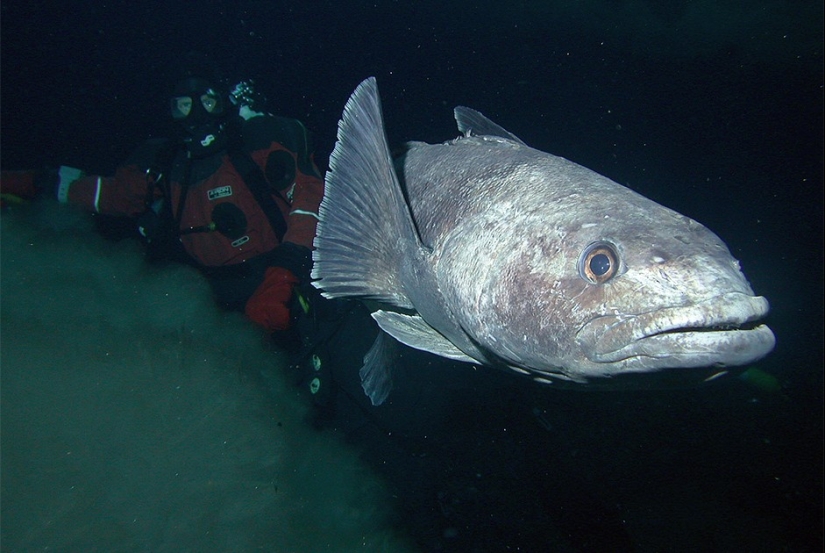
This mighty predatory fish is a distant relative of the sea bass. It lives exclusively in cold waters, and therefore differs in dense, fatty and oily meat with a high content of omega-3 fatty acids, vitamins and trace elements. Undoubtedly, one of the most delicious commercial fish living in our waters.
However, chefs, restaurateurs and experts have named many other products that they are already working with or only intend to do so. Among them are elder flowers, Kabardino-Balkarian duck, wheat grains, surepka, lufar, wild Dagestan peach, Jerusalem artichoke, Black Sea flounder, Sakhalin shrimp, seaweed, spelt, grape snails, coal fish, green buckwheat. So in the near future we will have a lot of delicious discoveries.
Recent articles

It's high time to admit that this whole hipster idea has gone too far. The concept has become so popular that even restaurants have ...

There is a perception that people only use 10% of their brain potential. But the heroes of our review, apparently, found a way to ...

New Year's is a time to surprise and delight loved ones not only with gifts but also with a unique presentation of the holiday ...